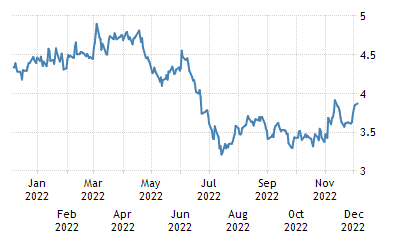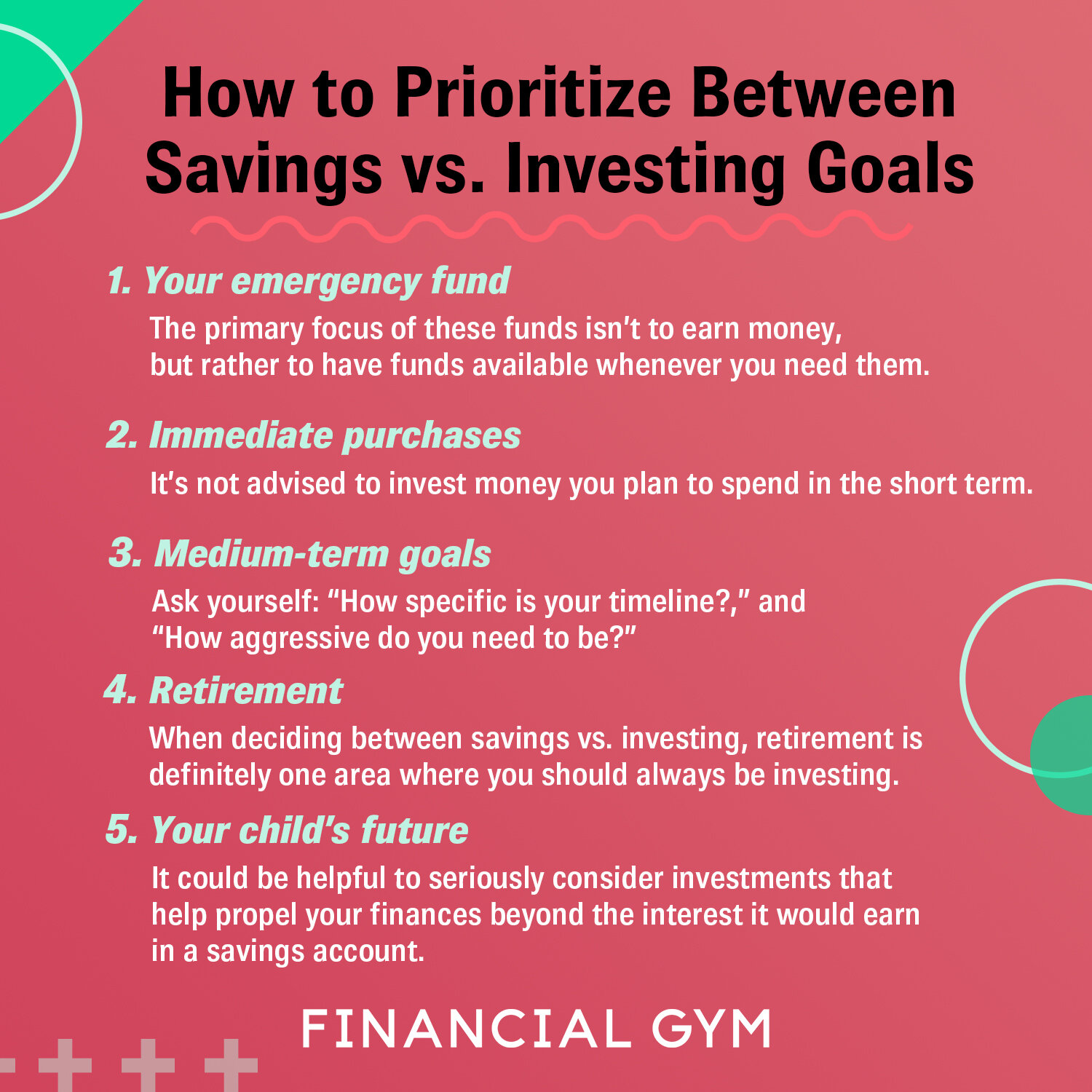
You can either buy stock directly from the company or invest in stocks within the same company. Both options come with risks. Common stockholders are the last to be paid the liquidated assets, if the company goes out-of-business. You might not receive anything. The downside to stocks is the volatility of their prices. Additionally, dividends as well as gains are subject to taxes. Learn more about stock investing.
Dividends can be higher or fixed.
Investing in stocks with fixed and higher dividends may be a better choice if you want to protect your money from inflation. The US Federal Reserve has recently raised interest rates. Many investors are concerned about rising inflation. Many investors are turning to dividend paying stocks to secure their income and increase their returns. How do we know when to buy stocks with higher, fixed dividends? These tips will help you make an informed decision.

Taxes on dividends, stock gains and other income
Stocks that pay dividends should be taxable. Qualified dividends can be taxed at lower capital gain rates, while unqualified ones are subject to ordinary income tax. To delay taxes, you may wish to consider putting dividend-paying stocks in a tax-advantaged account. Dividends are the regular, per-share portion of a company's profits that are distributed to stockholders.
Cost of investing in stocks
You might be asking yourself: How much does it cost for stocks to invest? Many people wonder if it's possible to make money by investing in stocks. Although the exact answer will depend on the stock you purchase, the basics of investing in stocks are relatively straightforward. These expenses could include custodian and annual fees as well as commissions. Depending on the type of account you have, these costs can range from $25 to $90 per year. Other costs include fees for brokerage, back-end loading, and front-end loading.
Buy stocks directly from a company
Individual shares can be very tempting when you are investing in stocks. This allows you to invest directly in the companies that interest you without needing to go through a broker. However, individual stock purchases require a lot more research and longer odds. In addition, even the most successful investors often fall short of the market average. To make the most of this opportunity, you should decide on your investment goals and stick to them.
Buying stocks on trading platforms
Trading platforms are popular for selling and buying stocks. Although investing is different to buying and selling stocks it has its advantages and disadvantages. A trader is more likely to buy and sell stocks often than an investor who will only invest in long-term purchases. Stock trading typically takes place between nine and four Eastern Time. However, some brokers offer extended trading hours. The NerdWallet team uses primary sources, such as government websites, to determine which trading platforms offer the best user experience.

Investing with a financial adviser
Many people have the option of investing without the aid of a financial professional in the stock or brokerage market. This option is good if you don't mind taking some risk. But it's important to learn before you make any investment. Information is power. Ask questions about any financial advisor before you make an investment. Before hiring someone, check their credentials. Be wary of financial advisors who don't have a high bar for licensing.
FAQ
What is a REIT?
A real estate investment Trust (REIT), or real estate trust, is an entity which owns income-producing property such as office buildings, shopping centres, offices buildings, hotels and industrial parks. These companies are publicly traded and pay dividends to shareholders, instead of paying corporate tax.
They are similar to corporations, except that they don't own goods or property.
How does inflation affect stock markets?
Inflation has an impact on the stock market as investors have to spend less dollars each year in order to purchase goods and services. As prices rise, stocks fall. You should buy shares whenever they are cheap.
What is a bond and how do you define it?
A bond agreement between two parties where money changes hands for goods and services. It is also known to be a contract.
A bond is usually written on a piece of paper and signed by both sides. This document includes details like the date, amount due, interest rate, and so on.
When there are risks involved, like a company going bankrupt or a person breaking a promise, the bond is used.
Bonds are often used together with other types of loans, such as mortgages. This means that the borrower will need to repay the loan along with any interest.
Bonds can also be used to raise funds for large projects such as building roads, bridges and hospitals.
It becomes due once a bond matures. When a bond matures, the owner receives the principal amount and any interest.
Lenders lose their money if a bond is not paid back.
What Is a Stock Exchange?
Stock exchanges are where companies can sell shares of their company. This allows investors the opportunity to invest in the company. The price of the share is set by the market. It is usually based on how much people are willing to pay for the company.
The stock exchange also helps companies raise money from investors. Investors invest in companies to support their growth. This is done by purchasing shares in the company. Companies use their money as capital to expand and fund their businesses.
There can be many types of shares on a stock market. Others are known as ordinary shares. These shares are the most widely traded. Ordinary shares are bought and sold in the open market. Prices for shares are determined by supply/demand.
There are also preferred shares and debt securities. Preferred shares are given priority over other shares when dividends are paid. If a company issues bonds, they must repay them.
What is the difference between stock market and securities market?
The securities market is the whole group of companies that are listed on any exchange for trading shares. This includes stocks as well options, futures and other financial instruments. There are two types of stock markets: primary and secondary. Stock markets that are primary include large exchanges like the NYSE and NASDAQ. Secondary stock markets allow investors to trade privately on smaller exchanges. These include OTC Bulletin Board Over-the-Counter and Pink Sheets as well as the Nasdaq smallCap Market.
Stock markets are important for their ability to allow individuals to purchase and sell shares of businesses. Their value is determined by the price at which shares can be traded. Public companies issue new shares. These newly issued shares give investors dividends. Dividends are payments made by a corporation to shareholders.
In addition to providing a place for buyers and sellers, stock markets also serve as a tool for corporate governance. Boards of directors are elected by shareholders to oversee management. Boards ensure that managers use ethical business practices. If a board fails in this function, the government might step in to replace the board.
What are the benefits of stock ownership?
Stocks are more volatile than bonds. The stock market will suffer if a company goes bust.
The share price can rise if a company expands.
For capital raising, companies will often issue new shares. This allows investors to purchase additional shares in the company.
Companies can borrow money through debt finance. This gives them access to cheap credit, which enables them to grow faster.
Good products are more popular than bad ones. The stock price rises as the demand for it increases.
As long as the company continues producing products that people love, the stock price should not fall.
Why is a stock called security.
Security is an investment instrument, whose value is dependent upon another company. It could be issued by a corporation, government, or other entity (e.g. prefer stocks). The issuer can promise to pay dividends or repay creditors any debts owed, and to return capital to investors in the event that the underlying assets lose value.
Statistics
- For instance, an individual or entity that owns 100,000 shares of a company with one million outstanding shares would have a 10% ownership stake. (investopedia.com)
- Our focus on Main Street investors reflects the fact that American households own $38 trillion worth of equities, more than 59 percent of the U.S. equity market either directly or indirectly through mutual funds, retirement accounts, and other investments. (sec.gov)
- Individuals with very limited financial experience are either terrified by horror stories of average investors losing 50% of their portfolio value or are beguiled by "hot tips" that bear the promise of huge rewards but seldom pay off. (investopedia.com)
- US resident who opens a new IBKR Pro individual or joint account receives a 0.25% rate reduction on margin loans. (nerdwallet.com)
External Links
How To
How to Trade in Stock Market
Stock trading can be described as the buying and selling of stocks, bonds or commodities, currency, derivatives, or other assets. Trading is French for traiteur. This means that one buys and sellers. Traders sell and buy securities to make profit. This type of investment is the oldest.
There are many options for investing in the stock market. There are three basic types: active, passive and hybrid. Passive investors do nothing except watch their investments grow while actively traded investors try to pick winning companies and profit from them. Hybrid investors take a mix of both these approaches.
Passive investing involves index funds that track broad indicators such as the Dow Jones Industrial Average and S&P 500. This method is popular as it offers diversification and minimizes risk. All you have to do is relax and let your investments take care of themselves.
Active investing involves selecting companies and studying their performance. Active investors will look at things such as earnings growth, return on equity, debt ratios, P/E ratio, cash flow, book value, dividend payout, management team, share price history, etc. Then they decide whether to purchase shares in the company or not. If they believe that the company has a low value, they will invest in shares to increase the price. On the other hand, if they think the company is overvalued, they will wait until the price drops before purchasing the stock.
Hybrid investing blends elements of both active and passive investing. One example is that you may want to select a fund which tracks many stocks, but you also want the option to choose from several companies. In this instance, you might put part of your portfolio in passively managed funds and part in active managed funds.